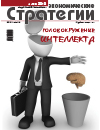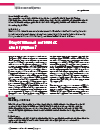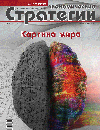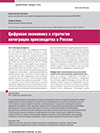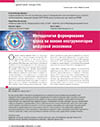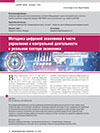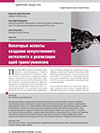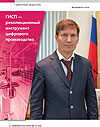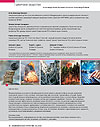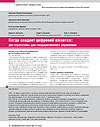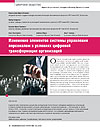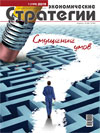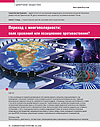Artificial Intelligence: Whither Goest Thou?
DOI: 10.33917/es-5.163.2019.6-15
Biblical phrase “Quo vadis”, which means “where are you going,” was not accidentally put into the title of the article, because today some people consider artificial intelligence to be almost a kind of messiah who will save our world from all evils and adversities, while others believe that he is akin to the Horseman of the Apocalypse, who will completely destroy human civilization and turn all of us into machines’ slaves. The article analyses substantiation of these judgments.


